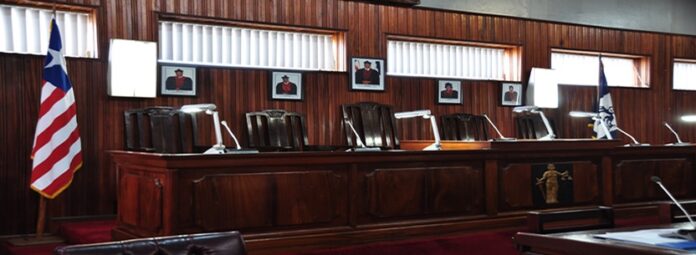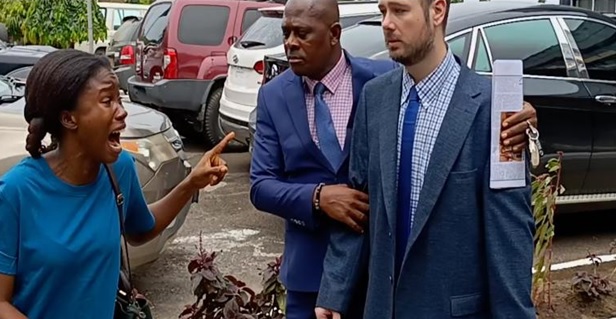The recent conclusion of Lucas Richards’ trial has ignited a fierce debate regarding the state of justice and integrity within our legal system. The ruling by Presiding Judge Nelson Chineh to clear Richards of serious charges has not only raised eyebrows but also sparked deep-seated concerns about corruption and ethical breaches.
Former Commissioner John H.T. Stewart’s vocal criticism of the verdict underscores the gravity of the situation. His assertion that corruption within the legal system is undermining the pursuit of justice strikes a chord with many who fear that our courts are being manipulated for personal gain.
The emergence of leaked audio recordings, allegedly implicating defense lawyers in bribery attempts, has only served to intensify suspicions of foul play. The notion that justice can be bought and sold is abhorrent and strikes at the core of our society’s values.
It is imperative that we hold those entrusted with upholding the law to the highest standards of integrity. Lawyers, judges, and jurors alike must be held accountable for their actions. The calls for a thorough investigation by the Grievance and Ethics Committee are not just warranted but necessary to restore faith in our judicial system.
The public outcry against this verdict is not simply a matter of discontent; it is a demand for justice and transparency. Chief Justice Sie Nyene Gyapay Yuoh’s reputation and legacy are on the line. It is incumbent upon her to demonstrate unwavering commitment to the rule of law and to take decisive action to address any breaches of ethics or misconduct.
As Lucas Richards quietly departs Liberia, the spotlight remains firmly on our legal system. The outcome of this case will serve as a litmus test for the resilience of our judiciary in the face of corruption allegations. Now is the time for decisive action, accountability, and a reaffirmation of our commitment to justice for all. Anything less would be a betrayal of the trust placed in our courts and a disservice to the people of Liberia.







